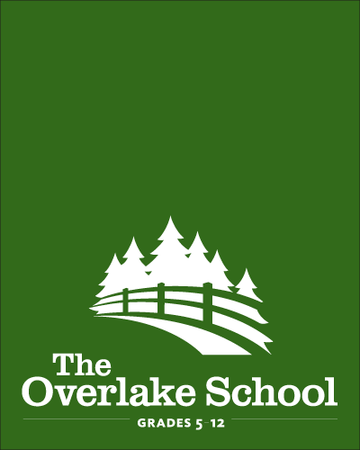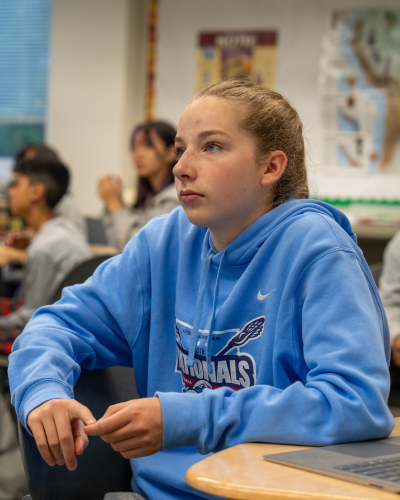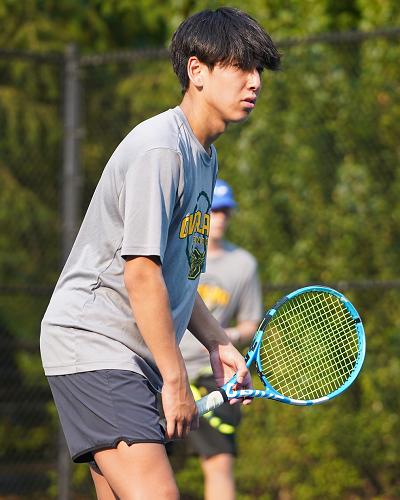Skills for Life
Life is full of many adult responsibilities: filing taxes, investing for retirement, registering to vote, not to mention skills like managing relational conflict between loved ones, emotional regulation, understanding gender identity, or learning to manage grief. Almost everyone reaches adulthood and finds at least one if not more things that make them say, ‘I wish I had learned about this so much earlier’.
Physical Education Faculty member and Life Skills teacher, Laura Triebold, is doing her best to introduce and equip students with these skills. At the core of the class she says, “I want students to feel more accepting of the rights and responsibilities of moving toward adulthood.”
The class is broken into four units: social and emotional skills, ‘adulting’, relationships and sex ed, and mental health.
This week, during the adulting unit, students learn about long-term savings, retirement investing, and the power of compound interest. Although students don’t necessarily have jobs with retirement plans yet, Triebold finds ways to make these concepts like long-term saving more relevant for students, advising them to ‘always pay yourself first’. She notes that even now, students have the opportunity to save a portion of their baby sitting or birthday money for future wants and needs. Through the use of online investing calculators, she helped students recognize how much their money can grow when they start saving early and consistently.
While investing for retirement is a necessary skill to build, the class will also spend time learning about how to communicate about money in a relationship. Weaving tactical knowledge with emotional growth is what sets Triebold’s class apart. Over the years, she started incorporating more emotional regulation and communication skills into the class. Skills like changing a tire and apartment hunting used to be a part of the curriculum but her approach has shifted. “I think those things are very valuable, but frankly, that’s the easy part of being an adult. Resolving conflict with your loved ones, managing intrusive thoughts, figuring out your values, it’s much harder to Google the solution to that,” she points out.
Intentional choice is a theme that runs through the curriculum. Triebold wants students to start to recognize that they are in control of their lives as they head toward adulthood. “They are learning to make choices every single moment. And also learning to live with the consequences, positive or negative, of what they choose,” she says.
To that end, students learn about voting and citizenship, and Kelly Vikstrom-Hoyt, Director of Library and Instructional Technology visits the class to speak about conscious media consumption and how to approach digital literacy in the media. Students learn how to discern credible news sources and also how to manage how much or little media they consume for their mental health.
Life Skills is a class for tenth grade students at Overlake, but Triebold also teaches health class in eighth grade. She acknowledges that there is a definite crossover of material in that class with the material covered in the relationship and sex ed unit. However, by the time students are sophomores, they have more maturity on their side and can better understand the concepts introduced in eighth grade. Conversations about these topics happen in an environment fueled by trust and respect that Triebold takes great care to foster.
“I wish I would have had the kind of open, comprehensive, complicated, normalized and positive conversations about sexual and gender identity, consent, bodily autonomy, gender roles, expectations, and equality in relationship dynamics that we try to have in life skills,” says Triebold.
Ultimately, she hopes seeds of understanding have been planted in the minds and hearts of the students as they venture out beyond Overlake that they will recall back to the things they learned in her class.



